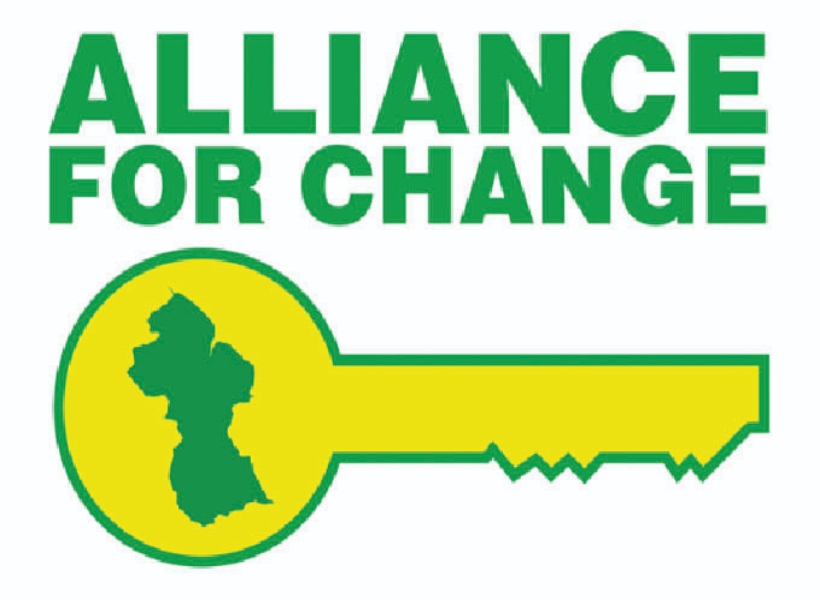Digicel Group Limited, which is located in over 30 regional markets, is in the process of evolving from a pure mobile telecommunications company into a leading total communications and entertainment provider.
But its “evolution” is hampered by a number of factors. While it remains anchored in a sea of US$7B worth of debt, Digicel has told the Securities Exchange Commission (SEC) that the viability of its business is threatened by strong competition in various markets, dependence on other networks and agreements, among other factors.
As it relates to the factor of competition, Digicel told the SEC that there is a struggle for capturing more subscribers in some territories since it has to face off with established as well as new competitors.
In fact, Digicel is facing stiff competition for the provision of mobile, fixed-line, cable TV and broadband, subsea fiber and terrestrial fiber as well as information and communication technology (“ICT”) services. In some of Digicel’s markets, the SEC was told that competitors may have more advanced technology than Digicel, greater coverage area than Digicel, or even both. Moreover, Digicel complained that some of its competitors have more extensive engineering, marketing, personnel and capital resources. Further to this, the telecommunications company noted that the level of competition is influenced by the continuous and swift technological advances that characterize the industry, and the regulatory developments that affect competition and alliances between market participants.
Considering the level of competition it faces, Digicel concluded on this front that there is likelihood for pricing pressure, reduced margins, as well as the loss of revenue and market share.
Turning its attention to another factor, Digicel told the SEC that it relies on key management personnel, but its inability to retain its current personnel or attract other talented professionals may have an adverse impact on its business. It was keen to note that some members of its senior management team are not parties to non-compete agreements covering the entire Caribbean, Central American and South Pacific markets. Therefore, a loss of key management personnel may have a material adverse effect.
Another concern for Digicel is the fact that it operates in some markets that are considered politically and economically unstable, which could therefore negatively affect its operations. The company currently has interests in wireless telecommunications operations in 24 markets in the Caribbean region, six in the South Pacific and two in Central America. The governments in these markets differ widely with respect to structure, Constitution and stability with some even lacking mature legal and regulatory systems.
Digicel noted that some of these countries have experienced political, security and economic instability in the recent past and may experience instability in the future. It therefore expressed deep concern about what this could mean for its ability to maintain and grow its business.
Equally troubling for Digicel is the fact that it is dependent upon interconnect agreements, transmission agreements, leased line agreements and roaming agreements. This is the case with its operations in Guyana where it is unable to carry international traffic to and from the soon to be oil producing State due to GTT’s monopoly on the telecommunications market.
Its subsidiary, Digicel Guyana, has since filed a suit challenging the exclusive license of the incumbent operator to carry international traffic to and from Guyana. This exclusivity was born out of a 20-year agreement between Guyana and US service provider, ATN International which expired in 2010, with an option to renew for a further 20 years. That option has since been exercised by GTT which is 80 percent owned by ATN. The agreement comes to an end in 2030.
Further, Digicel Guyana is seeking a declaration that the exclusive license is unconstitutional and unlawful. This matter has been heard and a decision is awaited from the courts in Guyana. Any decision will be subject to a right of appeal.
In turn, GTT has also filed a number of legal actions in which it has sought certain declarations and damages against Digicel Guyana for, inter alia, alleged infringements of its rights under its licenses held in Guyana and for alleged breaches of the interconnection agreement between the two, including GTT’s asserted claim for exclusivity on the carriage of international traffic to and from Guyana.
Furthermore, Digicel has complained to the SEC about the challenges it faces with respect to roaming, an important feature to many of its subscribers. Digicel said it relies on agreements with other wireless providers to provide roaming capability for its subscribers. As a result of this, the cost of such services is expensive and remains an issue for customers.
Because of the fact that it has to piggyback on the systems of other providers, Digicel said that the quality of service that Digicel’s customers have may be inferior.
In light of this, Digicel said that any perceived or actual differences in the quality of service, extent of roaming capability or cost of roaming as compared to Digicel’s competitors may result in a loss of subscribers, which could have a material adverse effect on Digicel’s business and results of operations.
(https://www.sec.gov/Archives/edgar/data/1645826/000119312515236163/d946689df1.htm)











